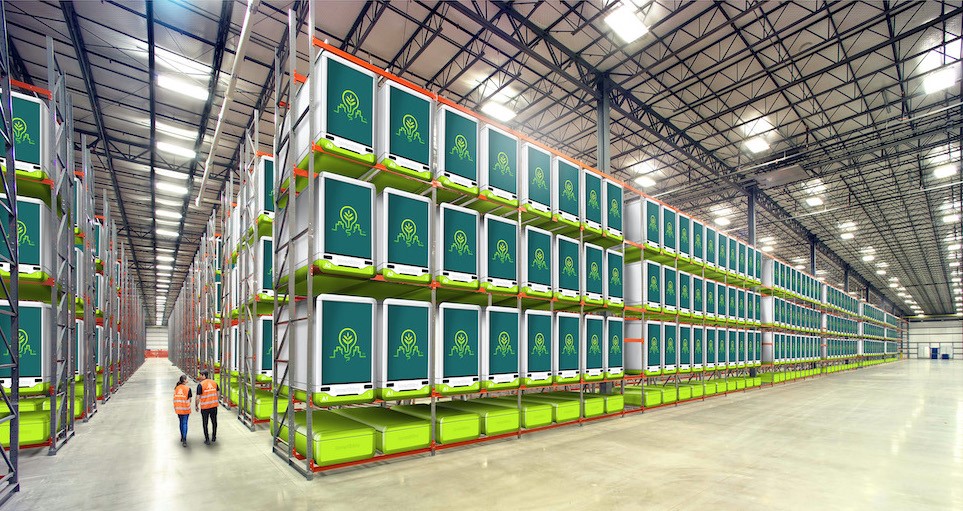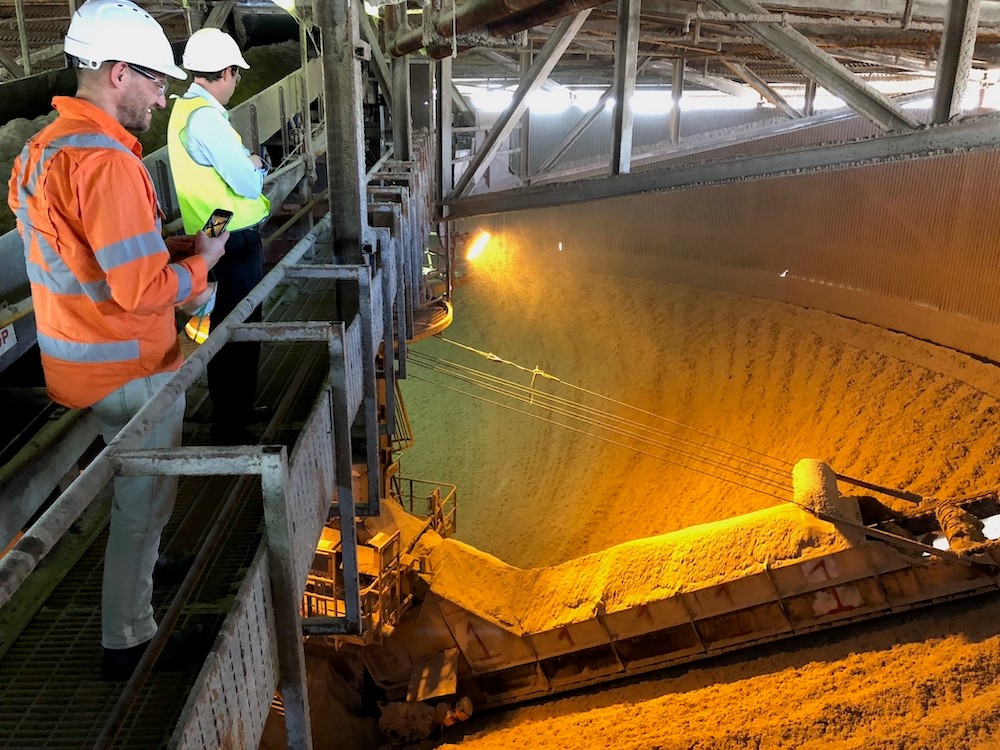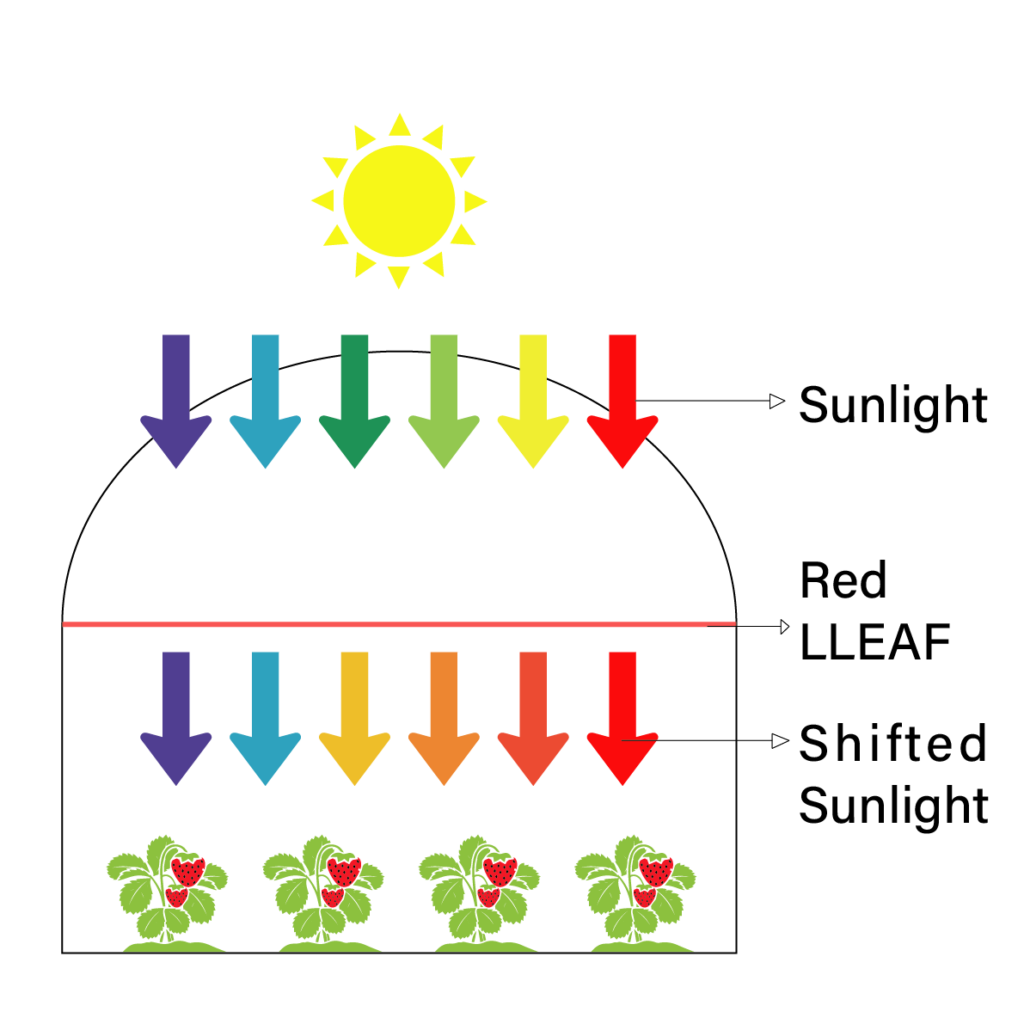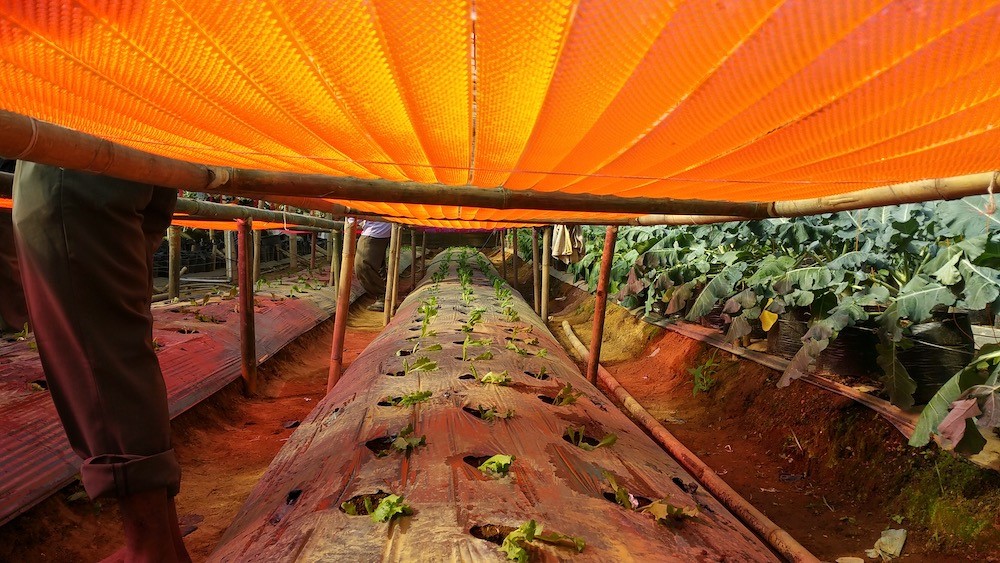New technologies in agriculture
06.08.2021 | Technologies
We are witnessing a real renaissance in agriculture! Investors are ready to invest huge sums in a traditionally conservative industry, thanks to a successful technological upgrade. Forecasts of a huge jump in the demand for food by 2050, when the population is expected to grow to nearly 10 billion, have also had an impact. In this article, we suggest taking a tour of overseas fast-growing agri-food technology companies whose ideas and innovations are actively flowing from the lab to the farm.
FluroSat
Ukrainian aeronautical engineer Anastasia Volkova combined her passion for space technology and environmental sustainability to create FluroSat.
The company offers a range of products: a cloud-based crop management and analytics platform, high-resolution satellite imagery and artificial intelligence. All of these tools help agronomists and farmers make informed decisions about plant health and efficient fertilizer use, which significantly reduces losses and makes farming more productive.
The data analysis platform uses proprietary algorithms to assess crop health and yield potential, identify and classify problems, and offer solutions. FluroSat compares a plant to its digital twin to provide real-time recommendations to farm managers. The technology uses sensors to detect problematic plants long before their condition becomes visible to the naked eye.
FluroSat helps grow cotton with less inputs such as nitrogen and water, allowing farmers to respond to the needs of the crop without overfertilizing
FluroSat technology is now being adopted around the world. Anastasia has relocated to Los Angeles, where the commercial team is based. The company also has offices in Europe and Latin America.
InvertiGro
InvertiGro co-founders Ben Lee and Paul Millett's mission is to feed the world in a more sustainable way, producing huge harvests of nutritious fresh produce with minimal water and less land, without herbicides or pesticides, regardless of climate extremes or supply chain failures. In 2017-18, they developed fully integrated, cost-effective and flexible indoor vertical farming solutions for sustainable and reliable production of fresh produce, from greens and leafy greens to berries, fruits, vegetables, fiber and feed.

Invertigro pallets stacked in a warehouse
InvertiGro is working on the scalability and commercial potential of its technology to provide farmers with new opportunities to diversify their crops, reduce the impact of unpredictable climatic conditions and grow their own additional livestock feed.
Sustinent
The meaning of the word sustinent ("serve to sustain") expresses this startup's business model, embodying a circular economy. Using biotechnology to convert agricultural green waste into new resources, the company uses a patented process to convert sugarcane waste and crop stubble into nutrient-rich livestock feed. The firm is also exploring the possibility of recycling hay stubble, corn, cotton, rice and hemp into a wide range of high and low value end products, such as insulation panels, biodegradable packaging, medical supplies and human food products.
The business model involves a partnership with primary producers, where Sustinent creates the biochemical and technical components, manages the branding, marketing and distribution of the end products, and the producers handle the material processing and manufacturing. It's all about collaboration to convert waste into profit streams.

Sustinent's patented processes turn sugarcane waste into livestock feed
LLEAF
LLEAF co-founders Alex Suriyadi and Alexander Falber have combined their skills in polymer chemistry to create an innovative luminescent greenhouse system that harnesses the power of sunlight to increase yields by 40% with minimal operating costs. The company focused on the complex relationship between sunlight and yield, and how different light filters affect both the growth of different plants and when plants stop growing and start fruiting.

LLEAF technology has been tried on four crops on three different continents and has shown promising yield increases. Commercial trials are now underway in greenhouses at the University of Western Sydney, as well as on the Central Coast, under conditions as close as possible to those faced by farmers. The company is seeking funding for even larger trials and plans to release the products in 2021.
Hillridge Technology
After witnessing the devastating effects of extreme weather on his family's farms in Victoria's Millewa region, Hillridge Technology co-founder Dale Schilling wanted to arm the farming community with financial tools to better manage weather risk. Dale had seen large mining companies deal with similar weather risks when he managed oil and gas projects at Mitsui & Co. and led Boston Consulting Group's global mining operations, and wanted to provide similar capabilities to family farms.
The firm is refining its technology to connect farmers with insurance underwriters who develop weather indices for short-term insurance coverage based on the crops farmers plant in specific paddocks.
Farmers can already purchase short-term insurance through links to underwriters on the Hillridge Technology website. Premiums are based on the likelihood of bad weather depending on where and what is grown, and payment decisions are made based on a reliable source of weather data, not the arbitrary judgment of an insurance adjuster. Payouts are made immediately when predicted weather conditions come true and the company's losses are confirmed. Indicative prices show how much it will cost to hedge against specific weather events.


